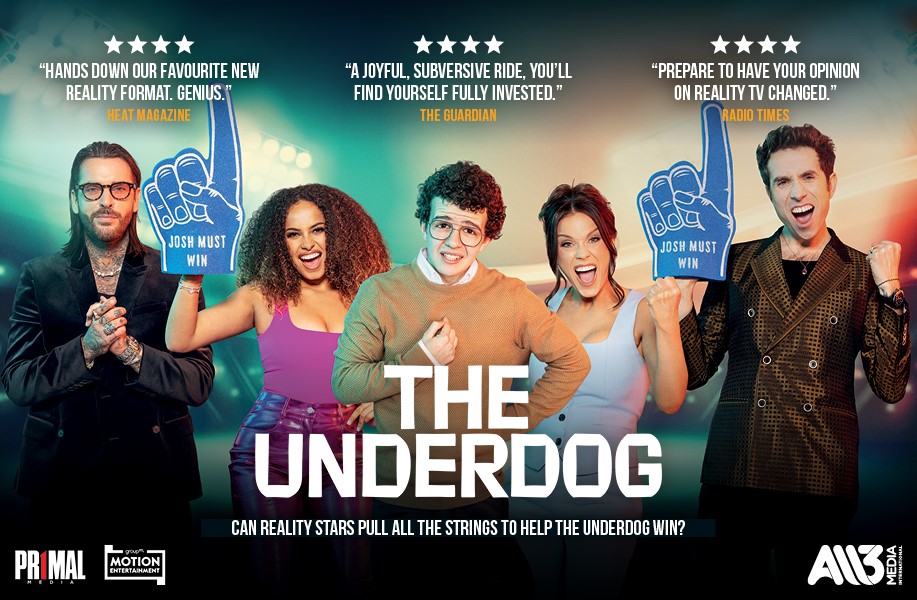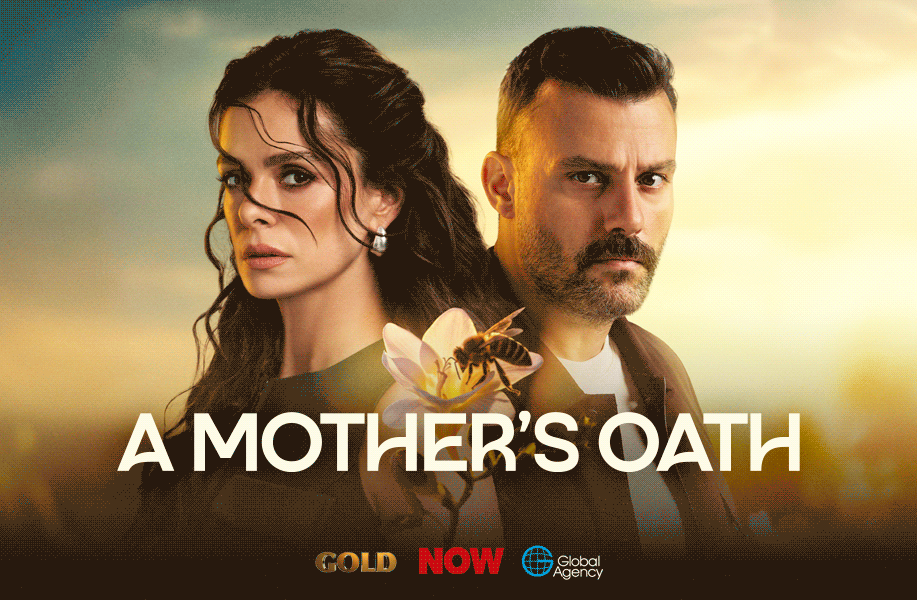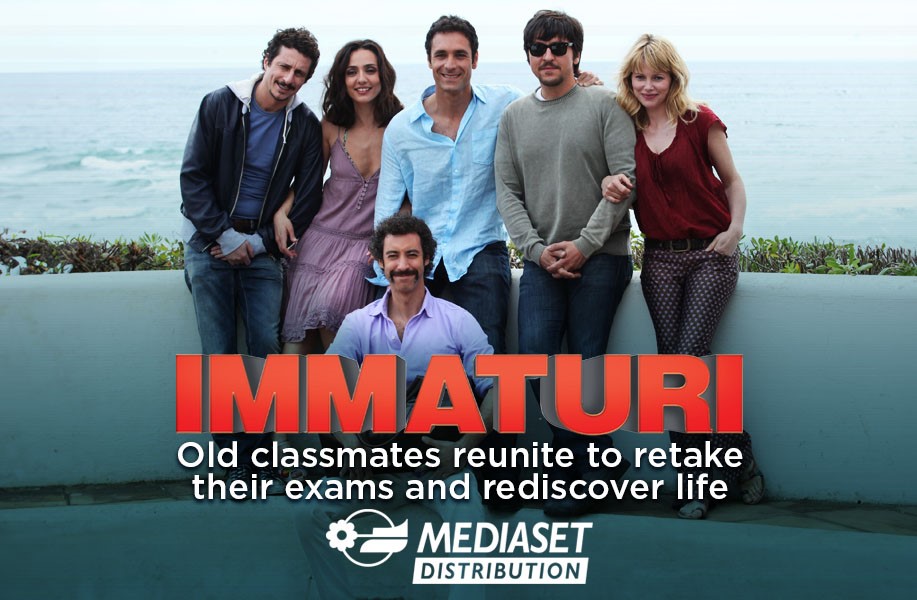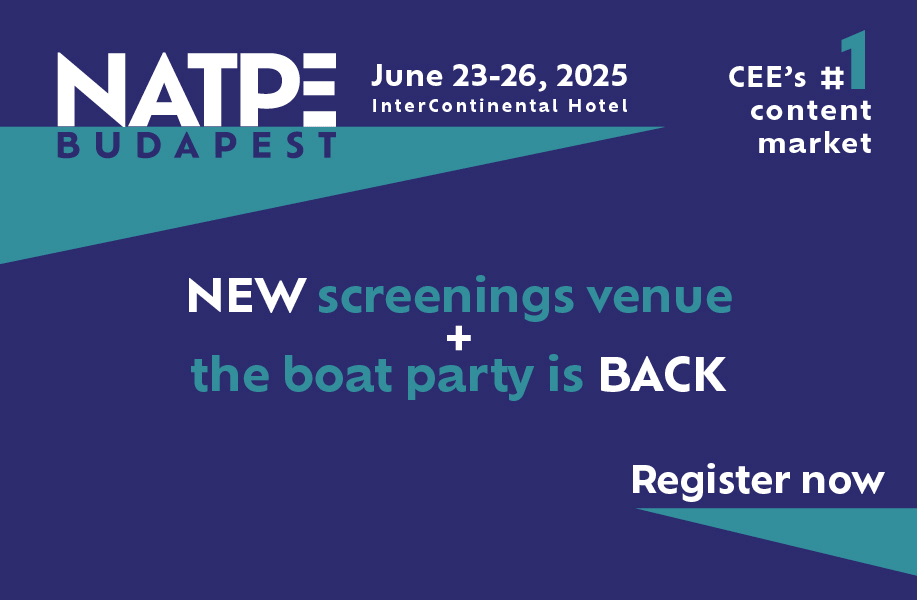Alberto Márquez, Business Director at Teleformat, explains: "We publish this report twice a year to help producers and platforms anticipate the future of entertainment. From vertical mobile-first formats to audience-driven narratives, content is becoming more personal, participatory, and emotionally authentic."
Main Trends
The Vertical Leap of Entertainment: Vertical format has transcended social media to become a key medium for premium content and monetization. Micro-dramas are evolving into entertainment formats (reality shows, competitions) optimized for mobile consumption. Platforms like ViX Micro (with docuseries such as “Nacer dos veces” and “A puerta cerrada”) and ReelShort (“Love Bombing”) prove that audiences crave short, addictive content, confirming an inevitable shift toward content designed specifically for phones.
The Next Generation of Culinary Formats: Cooking shows remain highly relevant by becoming faster, more competitive, and increasingly hybrid. Formats like “Cutthroat Kitchen: Knives Out” (HBO Max, U.S.) introduce intense sabotage and unusual challenges. Hybridization is key, with programs like “Gordon Ramsay’s Secret Service” mixing cooking, investigation, and comedy. The genre is also adapting to digital platforms with concepts such as “MasterChef Creators” (YouTube, Brazil).
Audience Empowerment: TV formats are embracing active audience participation that directly influences outcomes, going far beyond traditional voting. Examples like “Silence is Golden” (U&Dave, U.K.) reward viewers based on their interaction. This trend, evident in competitions like “KPOPPED” (Apple TV+, South Korea) and talk shows like “Conexión OT” (Prime Video, Spain), establishes the viewer as an essential, decision-making component in the narrative.
Love: Dating shows are moving from aspirational romance toward radical emotional authenticity and human vulnerability. Formats like “The Honesty Box” (E4, U.K.) demand sincerity, while the genre expands to embrace diverse identities (e.g., polyamory in “Terceira Metade”, Brazil) and maturity. The prominence of therapeutic narratives (“Koppels in Crisis”, Streamz, Belgium) reflects a demand for content addressing real-world relationship challenges.
Experimental Storytelling: Experimental narratives have become a core pillar of entertainment, placing individuals in controlled, high-pressure environments to analyze their behavior, decisions, and reactions. This includes formats assessing the impact of life changes (“The Great British Phone Switch”), exploring emotional bonds in unconventional settings, and blending scientific research with entertainment (“Australia’s Most Identical”).
Coaching: Coaching programs are consolidating their role as accessible tools to navigate personal, emotional, and financial crises. The current approach focuses on conflict and mistrust in relationships (“Love Con Revenge”, Netflix, U.K.) and offers practical, reliable advice on consumption and financial health (Der Sat.1-Fertiggerichte-Check). This reflects a growing audience demand for relatable and useful guidance.
Reinventing the Interview: The traditional interview is being revitalized, moving away from standard celebrity conversations toward original contexts and unexpected protagonists. This includes interviewing people involved in criminal cases (“Belve Crime”, Italy) and bringing together experts for structured debate (“Jabhagjadeul”, South Korea). The emphasis is on adopting cross-genre and intimate approaches to inject new depth and attract niche audiences.










